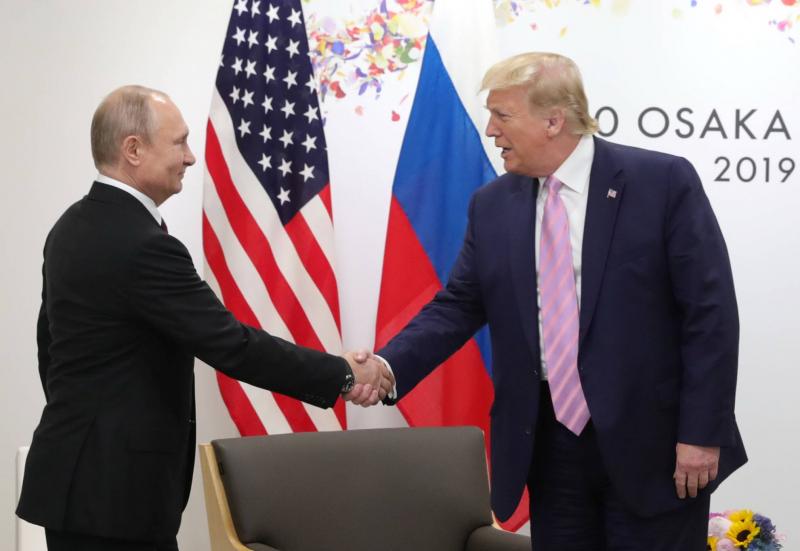One of the most pressing questions in international discussions these days relates to the Russian scene and whether the Kremlin's leader has achieved his objectives through war or peace, benefiting Russia greatly. What doctrine drives him despite the pressures and sanctions he has faced for over a decade, particularly since 2014, when Russia annexed Crimea? This act is viewed as an illegal land grab reminiscent of actions during Joseph Stalin's era.
To provide a comprehensive answer, it is crucial to consider the cornerstone of Russian President Vladimir Putin's ideology. He believes Russia has been subjected to a major conspiracy in modern history, viewing the dissolution of the Soviet Union as a grave error for which the West should be held accountable.
For nearly a quarter of a century in power, Putin has reversed previous Soviet policies, not following grandiose slogans but focusing on rescuing Moscow from the Yeltsin-era oligarchy. This shift gave Russia a new lease on life.
Militarily, Putin avoided the previous leaders' trap of a ruinous arms race, which drained the country’s resources in an unbalanced competition with the U.S. and Europe. Instead, he focused on the quality of military production, leading to the creation of new generations of weapons by Russian military scientists. This production capacity partially explains why the Biden administration is cautious about supplying advanced American weapons to Ukraine.
There are two prevailing perspectives on Putin. The first views him as a dictator who should not be encouraged in his destructive path, a perspective popular among Europeans following Russia’s military operations in Ukraine. The second perspective, led by figures like President Trump, suggests engaging seriously with Russia to avoid further conflict, considering the unsustainable military and financial support to Ukraine.
While some accuse Trump of being a Russian agent, others argue his pragmatic approach aims to prevent a robust Sino-Russian alliance amid ongoing international sanctions against Russia. Putin seems to be achieving political victories as suggested by key figures in Trump's administration who acknowledge Crimea as a past issue and oppose Ukraine’s inclusion in NATO.
Has the West misunderstood the Russian imperial mindset, and what trap has Europe found itself in? Historic events, like Napoleon's failed invasion of Russia, reveal the resilience of Russian spirit. The West misjudged this mindset by supporting the dismantling of the Soviet Union, not realizing the potential threat Russia still posed.
Europe, in particular, faces criticism for its strategic errors, primarily its unfounded hostility towards Russia, inflamed by the Biden administration's aggressive stance. Rejection of a European military agenda, which could have fostered a golden Euro-Asiatic age, led instead to escalating tensions and mistrust.
One of Putin’s triumphs lies in his ability to maintain composure, notably as Saudi Arabia hosts Russian-American negotiations, signaling a triumph for peaceful resolution and growth. Both Putin and Trump could come out as victors in this effort to navigate away from the brink of global conflict.
Ultimately, as hopes for a significant peaceful victory mount, the efforts to resolve these crises peacefully continue to manifest, suggesting that peace is possible in today's complex international environment.



